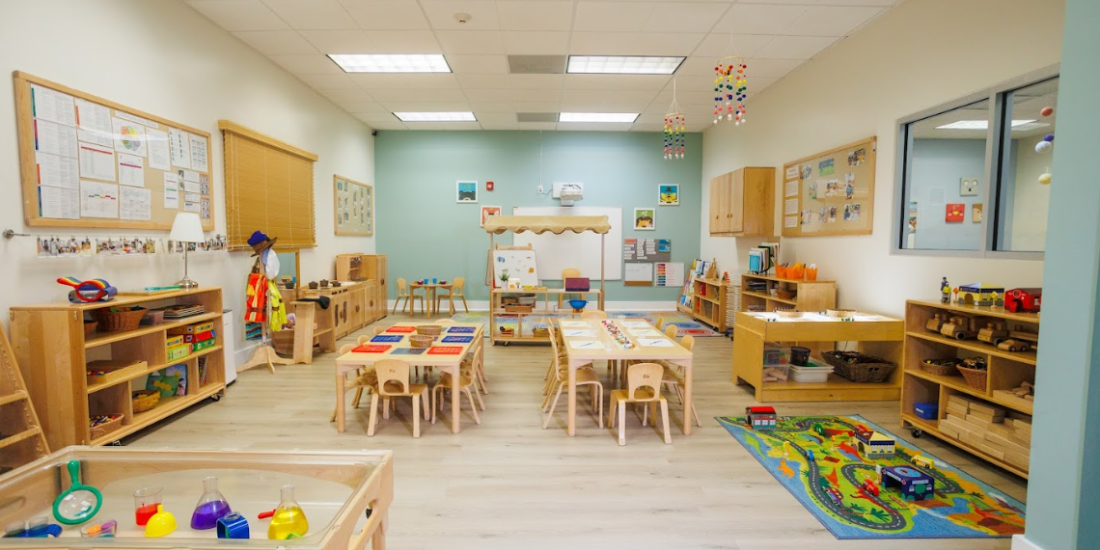
Sensory Play: Stimulating Learning Through Touch, Taste, Smell, Sight, and Sound
Sensory play is more than just fun and games. It is a crucial element of early childhood development that engages a child’s senses–touch, taste, smell, sight, and sound–to stimulate learning. This multi-sensory approach not only enhances cognitive and motor skills but also fosters emotional and social growth. Parents and educators can create a rich learning environment that nurtures holistic development by incorporating sensory play into daily activities. Let’s discover more.
Sensory Play Bolsters A Child’s Retention Abilities
Engaging multiple senses simultaneously helps children build neural connections in the brain, improving their ability to retain and understand new information. When learning through play, children between the ages of three and 12 learn how to absorb new information through positive emotions such as joy, meaningfulness, and social interactions, according to Soocial. This enjoyment and engagement can make lessons more memorable and impactful.
It Develops Essential Skills
Sensory play also contributes significantly to the development of fine and gross motor skills. Activities like molding clay, finger painting, or playing with sand allow children to refine their hand-eye coordination and dexterity. Additionally, outdoor sensory experiences such as running, jumping, and climbing help build muscle strength and coordination. These physical benefits further complement the cognitive advantages, creating a well-rounded framework for skill development.
The Positive Emotional and Social Effects
The emotional and social aspects of sensory play cannot be overlooked. When children engage in sensory activities, they often do so in collaborative settings, facilitating social interactions, dialogue and teamwork. These experiences also provide opportunities for young individuals to express emotions and develop problem-solving skills in a safe and controlled environment. Therefore, sensory play can contribute to emotional resilience and social competence, essential traits for long-term success.
Classic Activities
Some great classroom activity examples include playing with kinetic sand (which enhances tactile exploration), water tables, where children can splash, pour, and observe water flow. Finger painting allows kids to explore colors and textures, while sensory bins filled with rice, beans, or pasta provide opportunities for sorting, scooping and discovering a variety of properties. These activities offered by the best preschools stimulate the senses, foster creativity, promote fine motor skills and cognitive growth.
We encourage parents to actively incorporate sensory activities into their routines to provide children with the best possible foundation for lifelong learning. As a private academic program committed to taking a holistic approach to child development, we deliver a well-crafted curriculum that prioritizes meeting each student’s needs. Call Key Point Academy Coral Gables to schedule a tour with us today!
